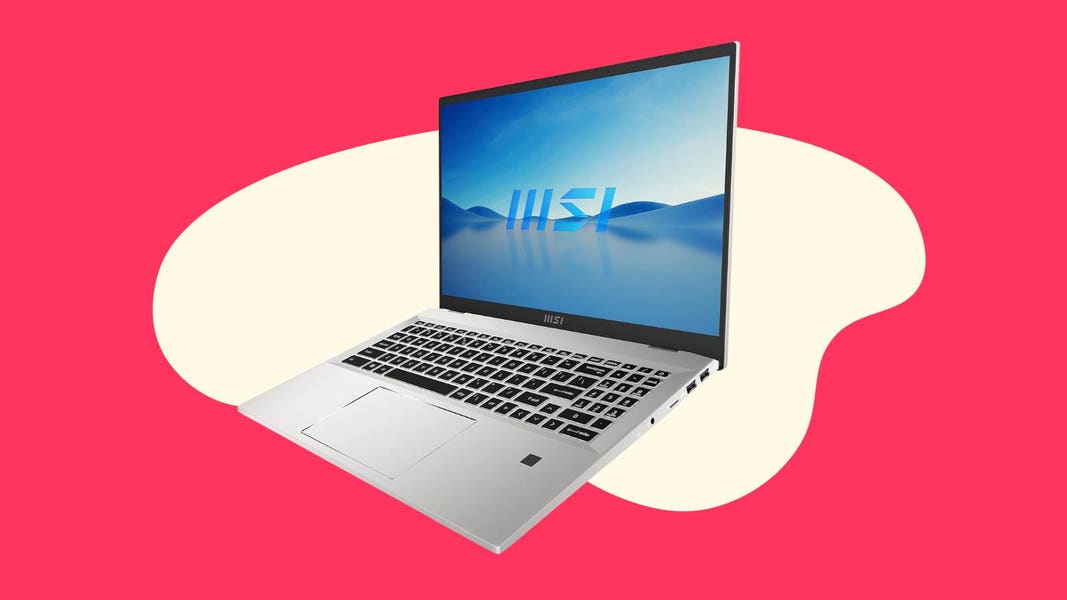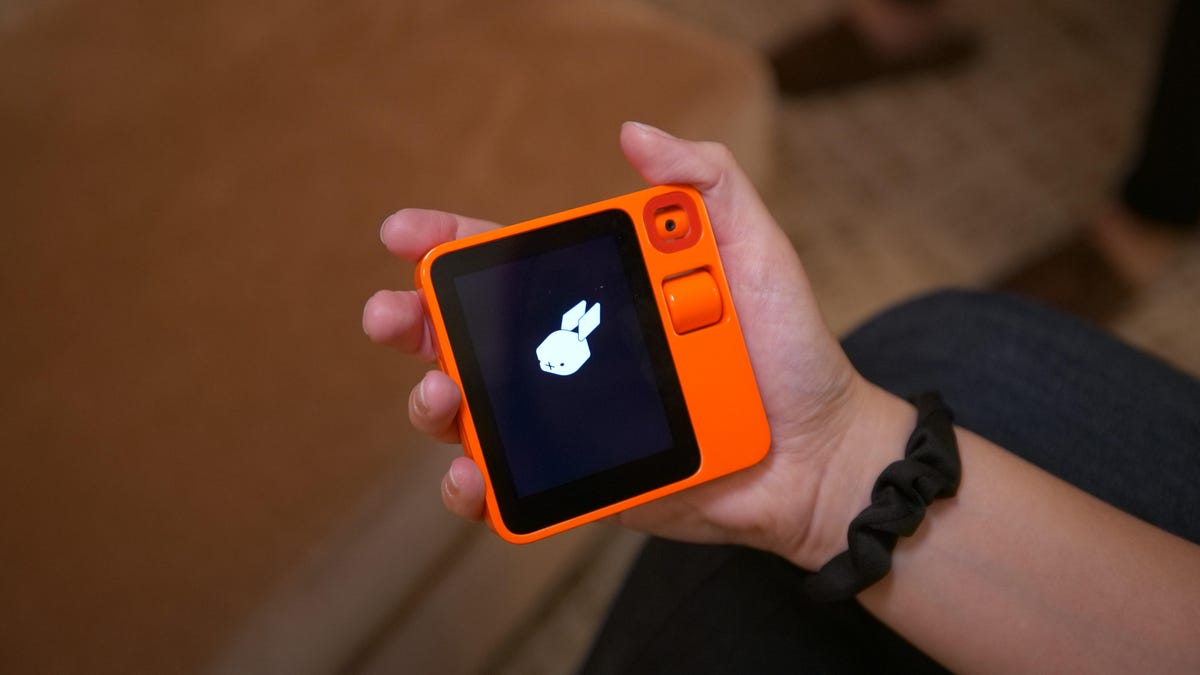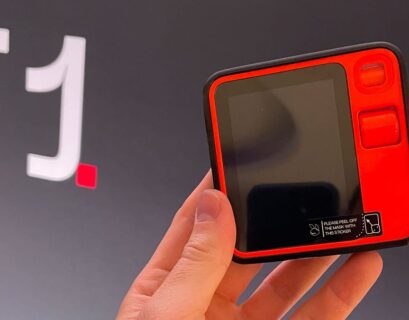How long has it been since you’ve encountered a company promoting its latest products’ AI capabilities? In 2023, AI emerged as the predominant buzzword in the tech industry, and as we transition into 2024, tech companies are intensifying their focus on AI advancements. MSI, a prominent player in the tech market, recently unveiled the Prestige 16 AI Evo laptop, proudly incorporating AI features aimed at streamlining tasks and ensuring optimal performance tailored to your needs.
During my evaluation of the Prestige 16 AI Evo over a few weeks, I thoroughly tested its AI functionalities while also exploring the capabilities of Intel’s new Arc Graphics processor and the Intel Core Ultra 7-series. The outcome? Strip away the AI components, and what remains is a robust and dependable laptop.
MSI Prestige 16 AI Evo: Design
Expansive Display and Versatile Connectivity
While the external appearance of the MSI Prestige 16 AI Evo may seem unassuming with its magnesium alloy Stellar Gray finish, the real surprise awaits when you open the lid to reveal the stunning 16-inch 4K OLED display. This display not only boasts a generous size but also delivers vivid colors, deep blacks, and impressive brightness of 500 nits.
Positioned above the display bezel is a webcam along with essential hardware for Windows Hello face unlock and Tobii’s eye-tracking technology. The inclusion of Tobii enables features such as displaying a blurred screen when you look away, prompting breaks, or activating a privacy screen if someone tries to peek at your screen from the side.
The laptop’s deck features a chiclet-style keyboard with a convenient number pad on the right side, complemented by a spacious touchpad. Noteworthy is the power button, which doubles as a fingerprint sensor for seamless Windows Hello authentication.
While the left side of the laptop remains devoid of ports except for a Kensington lock slot, the right side boasts an Ethernet port, an SD card reader, and a 3.5mm audio jack. The rear of the laptop houses the primary ports, including two Thunderbolt 4 ports with PowerDelivery 3.0 support, a USB 3.2 Gen2 Type-A port, and an HDMI 2.1 port.
The strategic placement of most ports at the back enhances cable management convenience, although the inclusion of the audio port and SD card reader on the side ensures easy access to frequently used ports throughout the day.
Measuring 14.1 x 10 x 0.7 inches and weighing 3.3 pounds, the Prestige 16 AI Evo strikes a balance between portability and screen real estate, making it a compelling option for users seeking a blend of performance and mobility. While the design may not break new ground, the thoughtful port arrangement sets it apart in a market saturated with similar offerings.
MSI Prestige 16 AI Evo: AI Integration
Evolving AI Capabilities
Under the hood, the Prestige 16 AI Evo houses an Intel Core Ultra 7 processor coupled with an Intel Arc graphics processor and a dedicated Neural Processing Unit (NPU) for AI tasks. The model I tested featured 32GB of DDR5 memory and a 1TB SSD, with configurations starting at $1,399 and offering alternatives like a QHD+ display or NVIDIA GeForce RTX 4070 for enhanced performance.
Powering the laptop is a 99.9Wh battery, promising up to 16 hours of video playback—a claim that aligns closely with real-world usage scenarios.
The bundled MSI Center app provides insights into system specifications, performance metrics, and access to the Prestige 16 AI Evo’s AI functionalities. Presently, the AI capabilities are tailored to recognize specific applications upon launch, triggering customizations to enhance user experience. For instance, launching a meeting app like Microsoft Teams prompts adjustments to keyboard backlighting, performance settings, and activates AI noise cancellation for seamless meetings.
While the AI features show promise, they currently focus on app-specific optimizations, with future updates expected to introduce additional AI-driven enhancements, such as an AI artist feature for creating artwork based on user prompts.
It’s worth noting that while the AI integration on the Prestige 16 AI Evo streamlines certain tasks, the underlying technology aligns with existing performance profiling mechanisms seen in gaming laptops, albeit rebranded under the AI umbrella. The laptop’s AI capabilities, although beneficial, are not revolutionary in their current implementation.
MSI Prestige 16 AI Evo: Performance Evaluation
Balancing Act Between Efficiency and Heat Management
Beyond its AI capabilities, the Prestige 16 AI Evo delivers commendable performance suitable for everyday tasks, resource-intensive editing, and even casual gaming experiences. The system maintained responsiveness during web browsing, content consumption, productivity tasks, and multimedia editing, exhibiting smooth operation without noticeable lags.
Venturing into gaming territory, I tested the Intel Arc GPU with games like Fortnite, achieving satisfactory frame rates at 1080p resolution with medium settings. However, gaming at 4K resolution proved taxing on the system, highlighting performance limitations in demanding gaming scenarios.
An unexpected observation during gaming sessions was the noticeable heat accumulation around the space bar, reaching temperatures that could cause discomfort. Despite enabling the Cooler Boost feature to enhance cooling, the system temperature remained elevated, emphasizing the laptop’s focus on productivity tasks rather than intensive gaming sessions.
While the Prestige 16 AI Evo offers respectable performance across various workloads, its design prioritizes efficiency over gaming prowess, making it better suited for professional tasks than extensive gaming endeavors.
MSI Prestige 16 AI Evo: Battery Life
Endurance Meets Expectations
MSI’s claim of up to 16 hours of video playback endurance holds up under testing scenarios, with the Prestige 16 AI Evo showcasing impressive longevity during real-world usage. In battery benchmark tests simulating common work tasks, the laptop powered through nearly 14 hours before requiring a recharge, showcasing its efficiency in handling extended work sessions.
During video playback tests, the laptop sustained over 10 hours of continuous playback, falling slightly short of the benchmark but still delivering a commendable runtime. Personal usage experiences further validated the laptop’s endurance, easily lasting through a full day of work with occasional charging intervals.
MSI Prestige 16 AI Evo: Final Thoughts
A Versatile Work Companion With Room for Improvement
While the AI features on the Prestige 16 AI Evo are promising, the current implementation falls short of delivering a transformative AI experience. Priced at $1,399, the laptop presents an attractive option for users seeking a reliable workhorse capable of handling daily workloads, including multimedia editing tasks on its vibrant OLED display.
For users considering occasional gaming sessions, the laptop offers moderate performance, although it’s not optimized for intensive gaming demands. The battery longevity and overall efficiency make it a compelling choice for professionals seeking a blend of performance and portability in a single package.
In conclusion, the Prestige 16 AI Evo excels as a slim and powerful work laptop, with potential for enhanced AI capabilities in future updates. As the tech landscape evolves, MSI’s focus on productivity and efficiency sets the laptop apart in a market saturated with diverse offerings.
Testing Methodology
During the evaluation period, I extensively tested the Prestige 16 AI Evo in various scenarios, including multimedia consumption, productivity tasks, and gaming simulations. Battery tests involved real-world usage scenarios and benchmarking tools like PCMark 10 to assess performance metrics accurately.
Performance evaluations were conducted using Geekbench 6 and PCMark 10’s Extended benchmark tests, supplemented by personal observations to gauge the laptop’s capabilities across different workloads.
About the Author
Jason Cipriani is a seasoned technology journalist with nearly 16 years of experience covering a wide array of tech products for numerous online and print publications. His work spans across reputable platforms like CNET, Fortune, Wired, and more, with a primary focus on mobile devices and laptops.
Jason’s expertise extends to podcasting, where he has contributed to various tech podcasts and co-hosted the Jason Squared podcast during his tenure at ZDNet. With a wealth of experience in reviewing laptops and computers, Jason brings a nuanced perspective to tech journalism, blending industry insights with practical user experiences.










